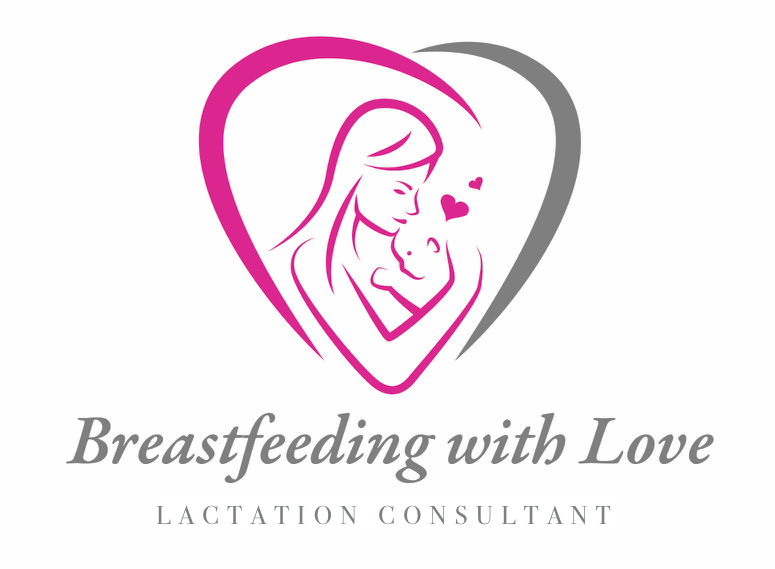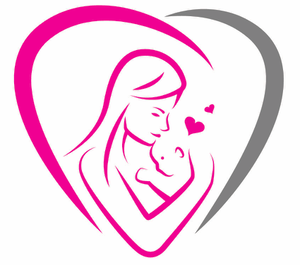Is Breastfeeding Protective Against Childhood Obesity?
Since 1980, according to the Center for Disease Control, the number of overweight children and teens has more than tripled in the United States. Therefore, preventing obesity should begin atbirth. In fact, prevention begins at theearliest moments of life, when mom makes the decision to breastfeed. According to the Centers for Disease Control and Prevention's Natural Immunization Survey, 75% of moms initiate breastfeeding as soon as their baby is born.However, that rate drops considerably by 6 months and even lower by 12 months. Additionally, the American Academy of Pediatrics, recommends exclusive breastfeeding for 6 months and to continue with additional foods until 12 months. Therefore, it is important to breastfeeding your baby to help protect your baby from childhood obesity. According to Dr. Joan Younger Meek, the United States Breastfeeding Committee Chair, multiple studies show that a history of not breastfeeding increases the risk of a child becoming overweight or obese in childhood and adolescence. In fact, obesity has serious effects on one's health such as coronary heart disease, type 2 diabetes, and certain types of cancers. High bloodpressure, liver, respiratory, osteoarthritis and gynecological problems. Since 1990, the WIC Program, Women, Infants, and Children Program, has taken the lead to protect, promote and support, breastfeeding. They encouragemoms to breastfeed.They give moms who qualify, free guidance, pumps and help you understand the benefits of breastfeeding. It is a federally fundedhealth and nutrition program. The workplace has even gotten more breastfeeding friendly. Many companies now provide breastfeeding moms room to take a break and pump while at work. I looked up the law for all of us and this is what it said: The law came into effect March of 2010. The Lactation Room Law was signed in 2010. This law is calledthe Patient and Affordable Care Act. It requires that an employer who has 50 employees must give you time to pump and the mom is not required to compensate for work for the time she has taken off. Of course, it has to be a reasonable amount of time. A smaller company that grosses in more than $500,000 dollars a year must also do this for a new mom. There are now becoming Baby Friendly Hospitals by promoting and implementing the World Health Organizations to Successful Breastfeeding. (Please look on my website page to see the ten steps.) Professionals all over the world need to get on board and help promote the benefits of breastfeeding for both mom and baby. They need to give good counsel, encouragement, and support to new moms during pregnancy and while they are in the hospital. Media and social marketing need to promote breastfeeding and not only promote formula feeding. Moms should always consult a Lactation Consultant if they have any breastfeeding questions. We are the expert in the field of breastfeeding, including myself. Breastfeeding helps reduce the risk of overweight children. The reason may be because babies respond to internal hunger when they are ready to breastfeed, unlike bottle fed babies. In fact, bottle-fed babies have a higher plasma concentration and a more prolonged insulin response. Higher insulin concentration stimulates more depositions of fat tissues, which in turn increases weight gain, obesity and the risk of type 2 diabetes. (Insulin resistance is a physiological condition in which cells fail to respond to the normal actions of the hormone insulin. Our body produces insulin, however, sometimes the cells in our body become resistant to insulin and are unable to use it effectively, making us have a higher insulin concentration. If this remains undetected, it can lead to Type 3 Diabetes.) Additionally, the higher the protein intake of formula-fed infants may stimulate the secretion of insulin. Another possibility is that the concentrations of Lepton may beinfluenced by breastfeeding. Leptin is a hormone produced in the body. Its main function is to relay to your brain how much fat is in your body. Some go even further and call it an anti-obesity hormone or fat burning hormone.In conclusion, despite advances one educating moms how breastfeeding can help their child with obesity later on in life, there still needs to be further steps to be taken to increase breastfeeding overall across the world. Parents need to have more prenatal classes on the benefits of breastfeeding and how it improves a child's health. Hospitals need to be more educated on how they can support, promote and protect breastfeeding in their hospitals. Even the workplaces need to help employees feel more comfortable about pumping at work.So, let's help each other around the world, by making new moms feel good about breastfeeding. We can call it the Breastfeeding Buddy Circle.Each one of us needs to help guide one person to learn about the benefits of breastfeeding and guide them to the right place to help them gain the proper knowledge needed to make a good decision about breastfeeding.

